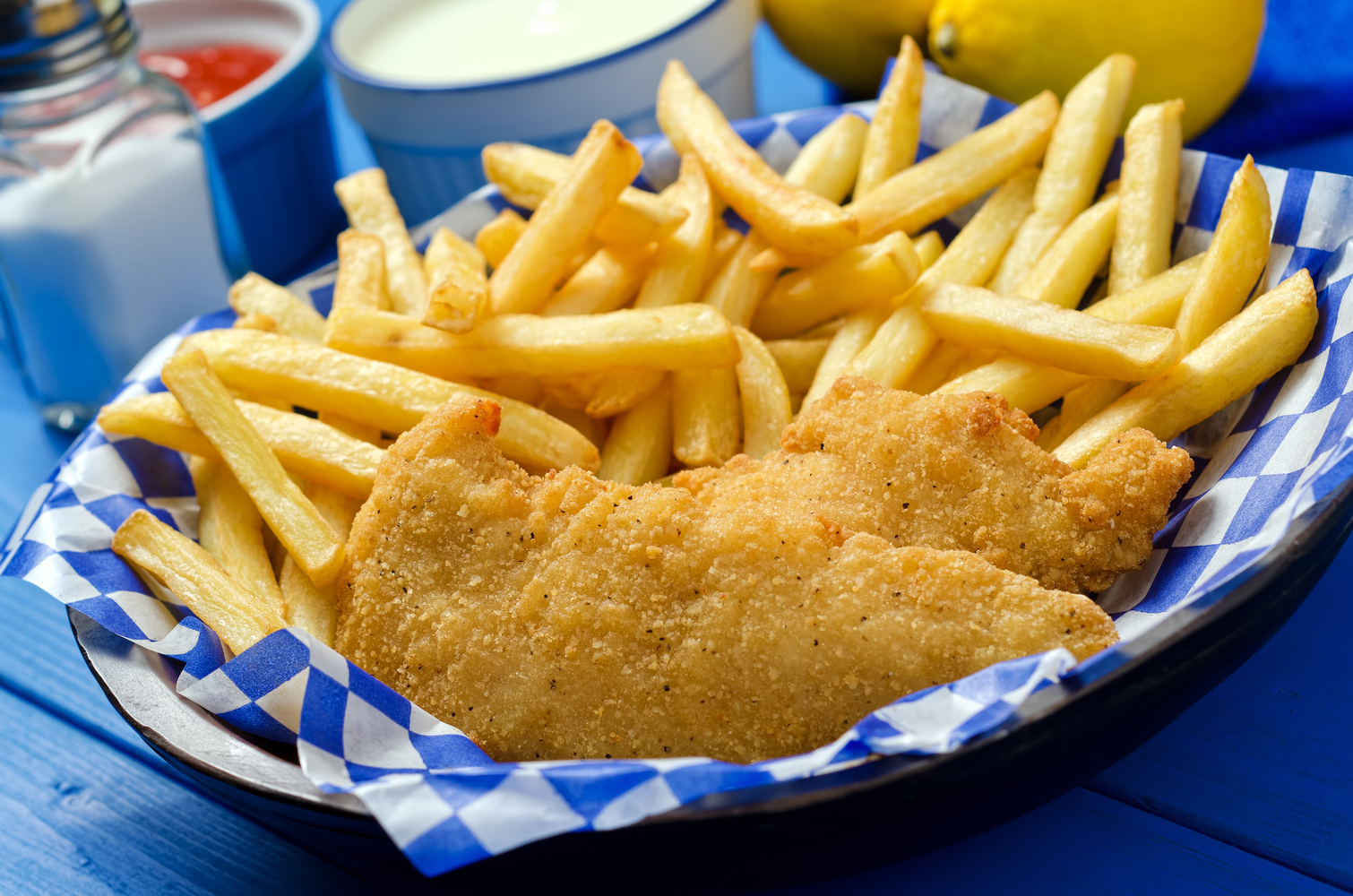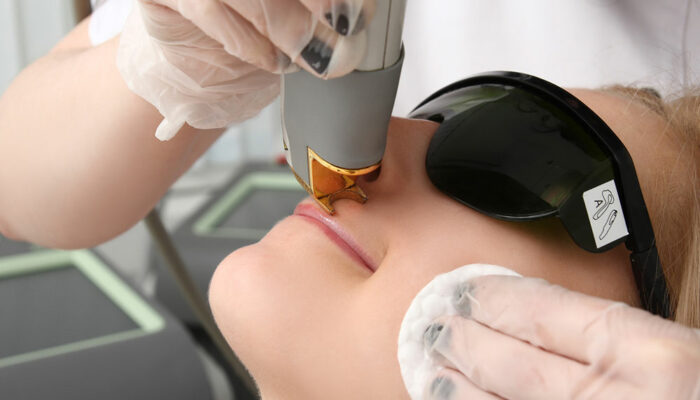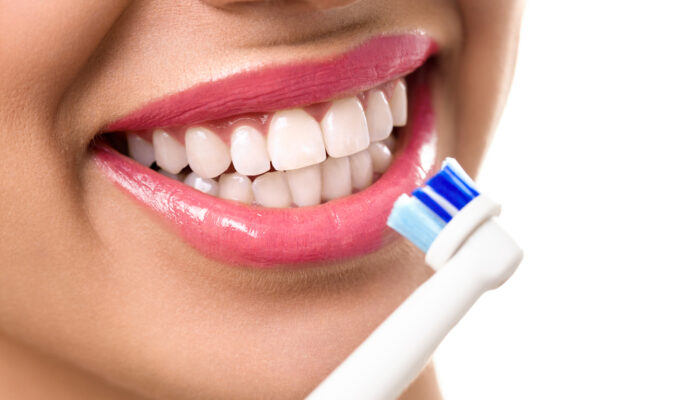
Foods to Avoid for High Cholesterol
Cholesterol travels throughout our entire body via blood, on proteins that are called “lipoproteins”. There are two kinds of lipoproteins which carry cholesterol. The first type is low-density lipoprotein, or LDL “bad cholesterol”, which can raise your risk of getting stroke and heart disease. The second kind is high-density lipoprotein or HDL “good cholesterol”, which absorbs LDL cholesterol and transports it back into the liver for elimination.
High HDL “good” cholesterol levels can help minimize risk of stroke or heart disease. Alternatively, if LDL or “bad cholesterol” builds up in the blood vessels, it can form plaque, and cause the veins and blood vessels to narrow, blocking blood transport from the heart and other organs, and leading to a heart attack or stroke. As such, practicing your due diligence when it comes to consuming a healthy diet and avoiding the following foods that are high in LDL cholesterol, is imperative:
1. Saturated vegetable oils
Saturated fats like saturated vegetable oils can lower HDL (good) cholesterol and raise LDL (bad) cholesterol. This is due to the fact that trans fat is made once unsaturated fats like vegetable oil get into contact with high heat. In fact, trans fact is so detrimental to our health that most companies in the food industry have stopped adding it to the food that they provide.
2. Pastries
The problem with pastries is that oftentimes, they are rich in saturated fats. In addition to that, pastries undergo a hydrogenation process which makes the vegetable oil in them harder as well as to extend their shelf life. However, this process makes the oils that’s used in pastries more likely to increase LDL levels in the body.
3. Fried foods
As mentioned above, when saturated fats such as vegetable oil comes into contact with heat, it leads to the production of trans fat. Therefore, whenever you fry anything in oil, you are essentially loading it with trans fat, which in turn will increase your cholesterol levels.
4. Diary products
Regardless if it’s 1 percent milk, skim milk or whole milk, consuming dairy products can lead to the manifestation of cholesterol related conditions. This is due to the fact that milk is naturally high in both cholesterol and fat.
5. Lard and shortening
The primary difference between shortening and lard is that while shortening is made with vegetable oil, lard is made from 100% animal fat. Lard is categorized as being a double whammy, while it may be true that it consists of 50% more monounsaturated fats (healthy) than regular butter, if you use it to fry foods, that high intensity heat will eventually lead to the production of trans fat. As such, while it may be much healthier than butter or regular vegetable oil, it is worth noting that it can raise cholesterol levels nonetheless.
6. Fatty Meats
Our body produces all the LDL cholesterol it needs to function. But, eating fatty means can actually increase the amount of cholesterol that our bodies already make. This is why doctors tell their patients with high cholesterol to minimize their red meats like pork, beef and lamb, and instead consume a diet that consists of lean animal and plant proteins such as fish, poultry, eggs, nuts, and beans as their primary sources of protein.



